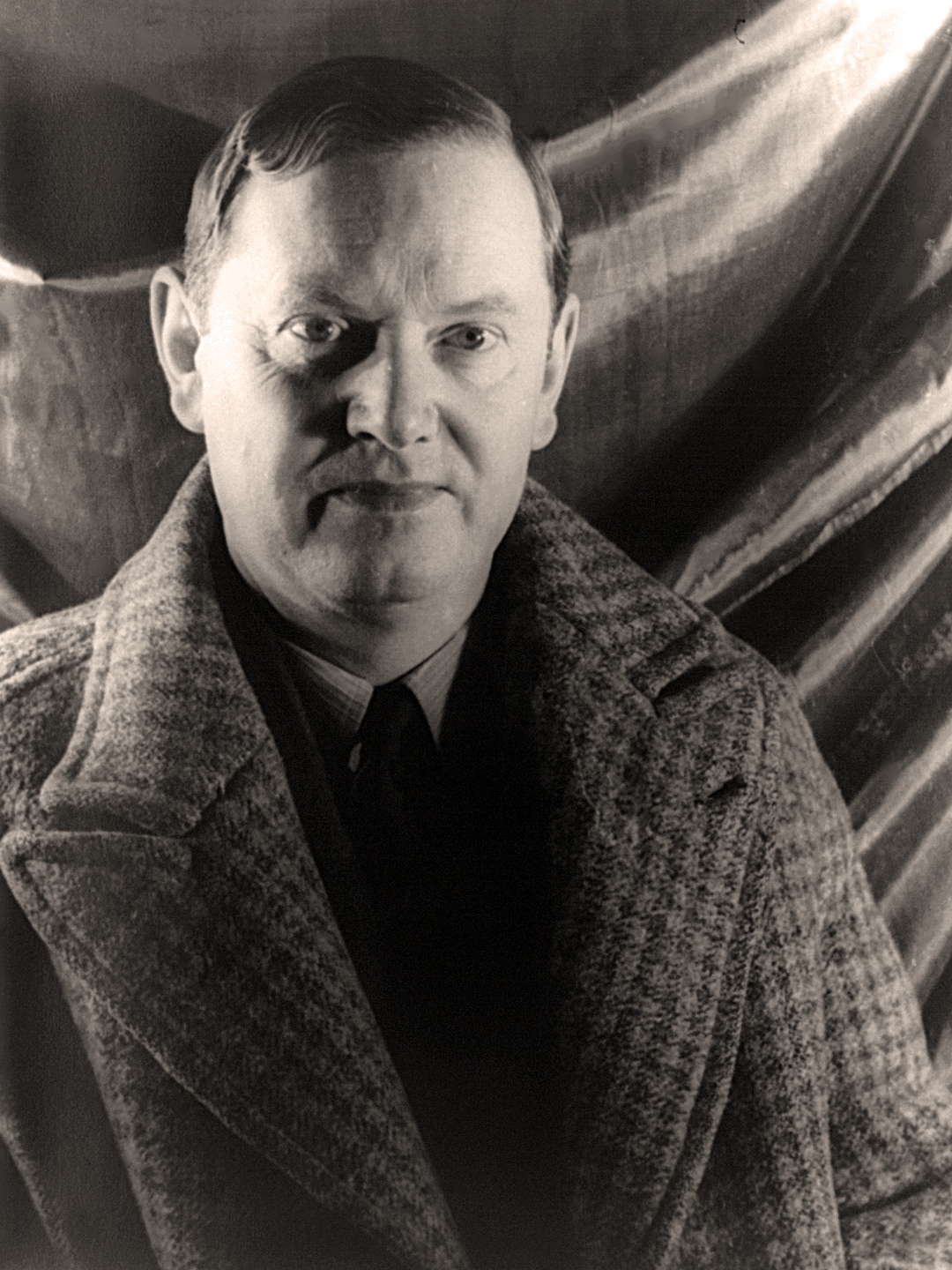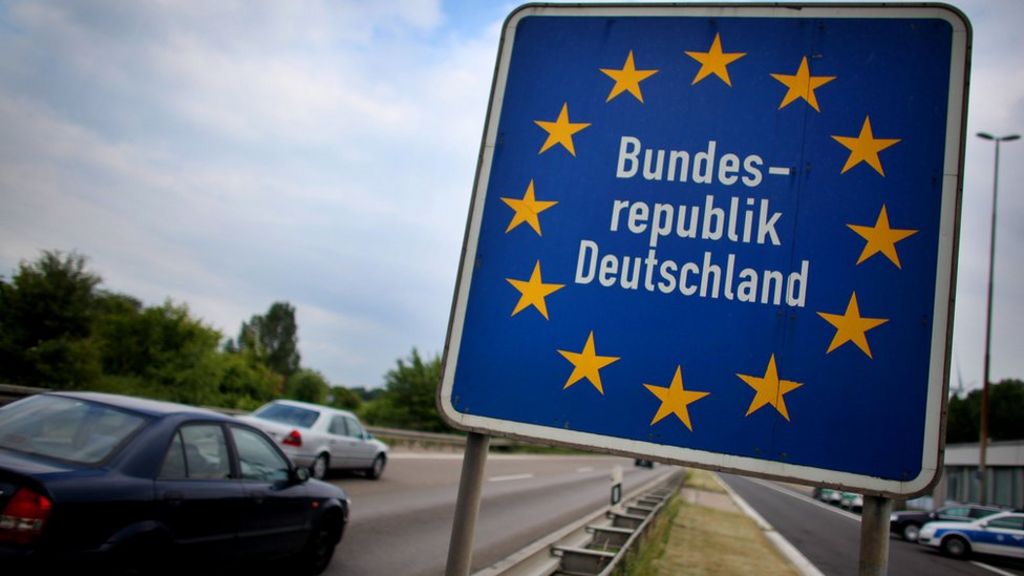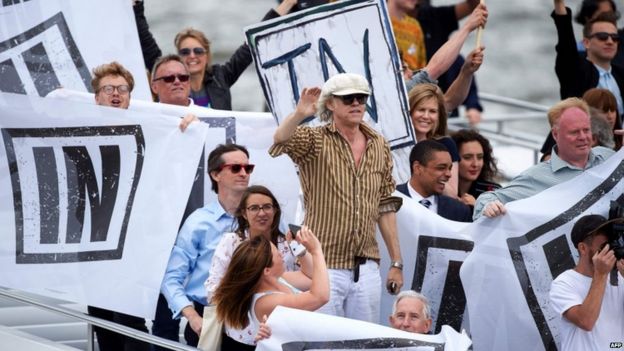 An Anglican clergyman friend complained that I had posted an Aleteia picture of Fr Jaques Hamel, with the words 'martyr de France' on it. He is right of course France was born out of the Terror, the guillotine cut through the necks of far more priests and religious than oppressive aristocrats. The new Republic was born in the blood of Christ's faithful, precisely because they were faithful. The soil of the Vendee is rich in the blood of Catholic martyrs, the victims of the republic which chose the battle cry of "liberté, égalité, fraternité".
An Anglican clergyman friend complained that I had posted an Aleteia picture of Fr Jaques Hamel, with the words 'martyr de France' on it. He is right of course France was born out of the Terror, the guillotine cut through the necks of far more priests and religious than oppressive aristocrats. The new Republic was born in the blood of Christ's faithful, precisely because they were faithful. The soil of the Vendee is rich in the blood of Catholic martyrs, the victims of the republic which chose the battle cry of "liberté, égalité, fraternité".It neither surprised nor shocked any when a French left-wing politician issued the tweet below, and President Hollande, himself, could barely acknowledge that Father Jacques was a priest and was slain before his altar in a church as he offered the sacrifice of Christ.
France is secular, it is incapable of understanding religion, either Catholicism or Islam. I suspect this has been the reason for France's foreign policy failure. Once North Africa and the Middle East was Francophile, it benefited from the French Church's missionary endeavour, it never produced many converts but it did educate and and westernise. Fr Hamel's own involvement in 'dialogue' with Islam is perhaps an illustration of French Catholicism's of the years around the Vatican Council's involvement with Islam. We can see it the life of the Blessed Charles de Foucauld and in the killing of the martyred monks of the Atlas Mountains.
The Bush-Blair wars in the Middle East have caused the destruction of states, untold misery and instability throughout the region. The unfortunate result is that we have to pay for their mistakes - France has chosen to follow the lead of her NATO partners rather than the lead of the French Catholicism.
Closing European borders is no answer, certainly not if Europe (and the US) is to maintain its population. Contracepting and aborting Europe has created a vacuum that sucks in immigrants, the only alternative is a drastic economic and social change, founded on something other than economic power.
French left wing politicians have been going round the TV studios suggesting Fr Jacques murderers, like those in Nice or Paris had psychological problems, or that they were not 'real' Muslims. The Left refuses to even think that there is a Muslim problem. One might be willing to accept that to some degree but the question has to be asked is why are immigrants or the sons of immigrants so alienated from European society? Why should they become deranged, or deeply unsettled by and alienated by our contemporary?
I heard of a group trad -SSPX- nuns in a Paris veiled and wimpled dressed from head to foot in black who are welcomed and respected by the local Muslim community but are often jeered at by the local secularists and Front National. The veil and wimple have now become so un-French. The morality of Catholicism and moderate Islam at least are not that distant, but but there is a huge gulf between it and secularism.
For a barely educated Afghan or Middle Eastern peasant transported to France, or Germany, living in poverty in a Paris suburb, the West is a confusing place, especially if he is living in a lawless ghetto and unable to access to comprehend Western values. In Brighton there was a project, which fortunately fell through, of locating a refugee centre in the centre of Brighton's 'gay village'. In secular France one might expect that it might be a deliberate policy to do this, to expose new immigrants to 'French values', to expect the recently arrived to be immersed in secular culture.











